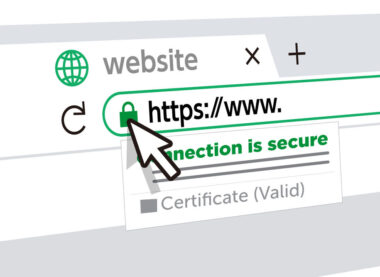Finding a freelancer to develop your WordPress website involves several steps. Here’s a guide to help you through the process:
- Define Your Project Requirements:Before you start searching for a freelancer, clearly define your project requirements. What do you want your website to look like? What features and functionality do you need? What is your budget and timeline?
- Create a Project Brief:Write a detailed project brief that outlines your project’s objectives, scope, and any specific design or functionality requirements. Include any reference websites or designs that inspire you.
- Set a Budget:Determine how much you’re willing to pay for the project. Be realistic about your budget and remember that experienced freelancers may charge higher rates.
- Choose Where to Search:There are several platforms where you can find freelance WordPress developers:Freelance Websites: Platforms like Upwork, Freelancer, Toptal, and Guru have a large pool of freelancers.WordPress-Specific Websites: Websites like Codeable or WPMU DEV specialize in WordPress development.Job Boards: Post your project on job boards like We Work Remotely, Smashing Magazine’s job board, or even on LinkedIn.
- Post Your Project:Create a project listing that includes your project brief, budget, and timeline on the chosen platform. Be as detailed as possible to attract the right candidates.
- Review Portfolios and Profiles:When freelancers respond to your project listing, review their portfolios and profiles. Look for experience with WordPress and similar projects.
- Check Reviews and Ratings:Pay attention to freelancers’ reviews and ratings on the platform. Positive feedback from previous clients is a good sign.
- Interview Candidates:Conduct interviews with potential freelancers to assess their communication skills, expertise, and whether they’re a good fit for your project.
- Ask for References:Request references from past clients to get a sense of their work quality and reliability.
- Clarify Terms and Agreements:Clearly outline the terms of the project, including payment milestones, deadlines, and any additional costs.
- Sign a Contract:Always have a written contract in place that specifies the project scope, payment terms, timelines, and any other relevant details. This protects both you and the freelancer.
- Manage the Project:Stay actively involved during the development process. Regularly communicate with the freelancer and provide feedback.
- Testing and Quality Assurance:Test the website thoroughly to ensure it meets your requirements and functions as expected.
- Launch:Once you’re satisfied with the website, launch it and make it live.
- Post-Launch Support:Discuss post-launch support and maintenance with the freelancer, if needed.
- Payment:Release payments according to the terms outlined in the contract.
Remember that finding the right freelancer may take time, and it’s essential to choose someone who not only has the technical skills but also understands your vision for the website. Take your time to evaluate candidates and make an informed decision.






